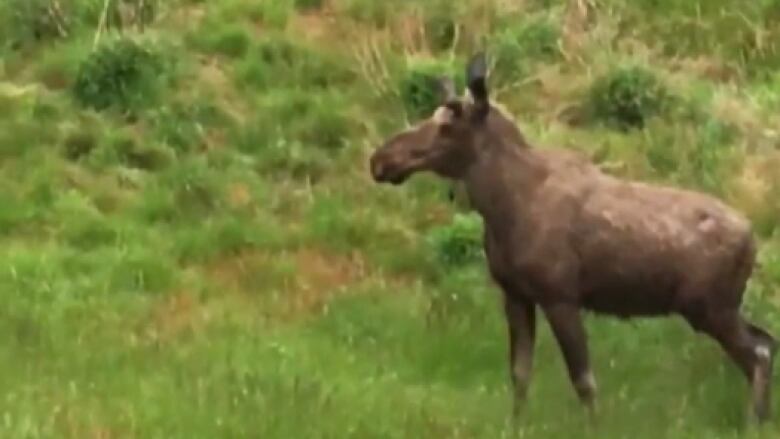FSIN calls province's moose hunting court appeal 'disturbing'
Province seeking leave to appeal from Supreme Court after First Nations hunter acquitted

The Federation of Sovereign Indigenous Nations says it's disappointed the provincial government has decided to seek leave to appeal a treaty hunting case to the Supreme Court of Canada.
In 2015, First Nations hunter Kristjan Pierone was charged after he shot a moose on private land near Swift Current, Sask. Pierone shot the moose from the road and butchered it in a slough bottom.
After years of appeals, the Saskatchewan Court of Appeal ruled in April that Pierone had not walked across cultivated land to butcher the moose and that there were no houses located on the quarter-section.
As a result, the court ruled Pierone was allowed to hunt the moose as it was shot on "visible, incompatable land."
The provincial government disagrees and has sought leave to appeal from the highest court in the land.
"It's disturbing that the provincial justice system continues the fight to undermine our Inherent and Treaty Right to hunt," said Federation of Sovereign Indigenous Nations (FSIN) Chief Bobby Cameron in a news release. "It shows complete ignorance that the provincial justice system is willing to waste taxpayers' money to appeal the killing of a moose but they won't appeal the killing of a First Nations man through the Gerald Stanley verdict."
The court of appeal noted that there were no signs placed on the property and the slough was not fenced off.
The crown argued that Pierone is originally from Manitoba, and was hunting in a different Treaty area than his home reserve. However, the court of appeal ruled that was not an issue.
The issue of where and when First Nations people can hunt has been an important issue for Indigenous groups across the country for years. Under treaty, First Nations people are allowed to hunt without a license so long as the meat is not sold to others.












_(720p).jpg)


 OFFICIAL HD MUSIC VIDEO.jpg)
.jpg)



























































































